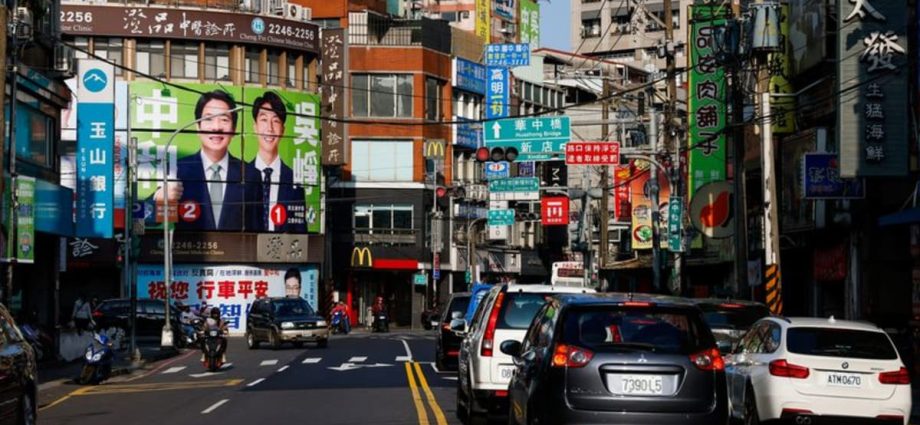
Mr Hou Yu-ih of the Kuomintang (KMT), China’s preferred contender, has emerged as the main challenger to the ruling Democratic Progressive Party (DPP) candidate William Lai, who wishes to continue the incumbent president’s foreign policy.
The other candidate they will face is former Taipei mayor Ko Wen-je of the small Taiwan People’s Party (TPP), only founded in 2019.
Despite KMT and TPP failing to agree on the terms of a coalition for a joint presidential bid, both sides concurred that Taiwan needs a change of government after eight years of DPP rule.
Mr Hou introduced a ‘3D’ cross-strait policy – deterrence, dialogue, de-escalation. Similarly, Mr Ko advocates deterrence and an increase in military budget to 3 per cent of the island’s gross domestic product (GDP).
Cross-strait relations have been on a decline since Ms Tsai’s pro-independence DPP came to power in 2016.
“The biggest thing that US policymakers worry about is that Taiwan will flip suddenly and we will find ourselves looking at Taiwan which has either been enticed into a much closer relationship with the PRC (People’s Republic of China), or it will be coerced into a much closer relationship with Beijing,” said Professor Shelley Rigger from Davidson College in North Carolina, who specialises in Taiwanese politics and on the relationships among the US, China and Taiwan.
But in a region so volatile, charged and sensitive, any result may leave US-China ties once again fraught, cautioned Prof Rigger.
“My expectation would be that if the KMT wins, the PRC will perceive that to have happened in spite of the United States. If the DPP wins, the PRC will perceive that to have happened with the connivance of the United States. So either way, the US is somehow in the doghouse whatever the outcome may be,” she said.

